If you are looking for a business loan and your organisation is a non-profit organisation, some of the ways you operate could be different from the average business, with the most obvious one being that any surpluses you generate are retained by the organisation and not distributed to shareholders.
However, it’s still the case that non-profit organisations need to generate revenue and maintain enough funds to remain solvent. Like regular businesses, non-profit organisations also have costs such as salaries, rent and energy bills.
This means that a non-profit organisation might, on occasion, need to borrow money. Non-profit organisations might still have periods when cash flow is difficult, or occasions when they wish to borrow to make significant purchases or to fund expansion.
The first important thing to acknowledge is that loans for non-profit organisations are harder to obtain than would be the case for a profit-making business. Some lenders simply won’t consider lending to a non-profit organisation, while those that do might offer their loans at higher interest rates.
The type of lender that you approach might also be different if you are a non-profit organisation. There are banks, credit unions and other traditional lenders that might consider your application, but non-profit loans might also be available from various public bodies and charitable foundations.
Types of loans
Loans that might be available to non-profit organisations include:
Mortgages. These will be secured on the organisation’s property and will involve repaying the loan amount, plus interest, over an extended term, which might be as long as 25 years or more. The interest rate might be either fixed or variable and if payments are not maintained, the lender can repossess the property.
Term loans. Again, these involve the repayment of capital and interest via monthly repayments. The term of the loan might be anything from a few months to 20 years or more. Although these are unsecured loans, the management of the organisation may be asked to provide personal guarantees.
Bridging loans. These are a form of a short-term mortgage. The organisation borrows a sum of money then, a short time later repays the amount borrowed and the interest generated. The interest usually rolls up and is repaid as one lump sum when exiting the contract, so the organisation is not expected to make regular repayments. These loans might be suitable when the organisation expects to be able to access grant funding, or expects to complete a fundraising exercise, at a later date to pay off the loan.
Credit cards. If you can get one of these, you can use it in much the same way that a private citizen or a regular business might use a credit card.
Whatever form of loan you are considering, you need to be confident that you can afford the repayments.
What information might the lender require?
In order to get a loan for your non-profit organisation, you need to apply to a lender that will consider an application from this type of organisation.
The information the lender will want to see when considering your application is similar to that which a profit-seeking business would submit. Documents you are likely to need to provide include:
- Details of the organisation’s management
- Profit and loss accounts
- Cash flow statements
- Balance sheets
- The organisation’s constitution or similar legal document
- Where applicable, a planning document, similar to a business plan, explaining your plans for growth or expansion
Credit checks will also be an important part of the lender’s assessment process. If you have an impaired credit history, then it’s likely that you will either be offered a loan at a higher interest rate or that the application will be declined altogether.
Other sources of funding
Non-profit organisations can sometimes obtain grants from local authorities and other public bodies and might receive occasional private donations.
Increasing numbers of non-profit organisations are also making use of crowdfunding, where they sign up to a crowdfunding platform and try to obtain a large number of donations from various investors.
You might want to see if you can get a non-repayable grant, or access funding from any other source before you apply for a loan.
Get in touch with the team at Funding Bay to find out more.



